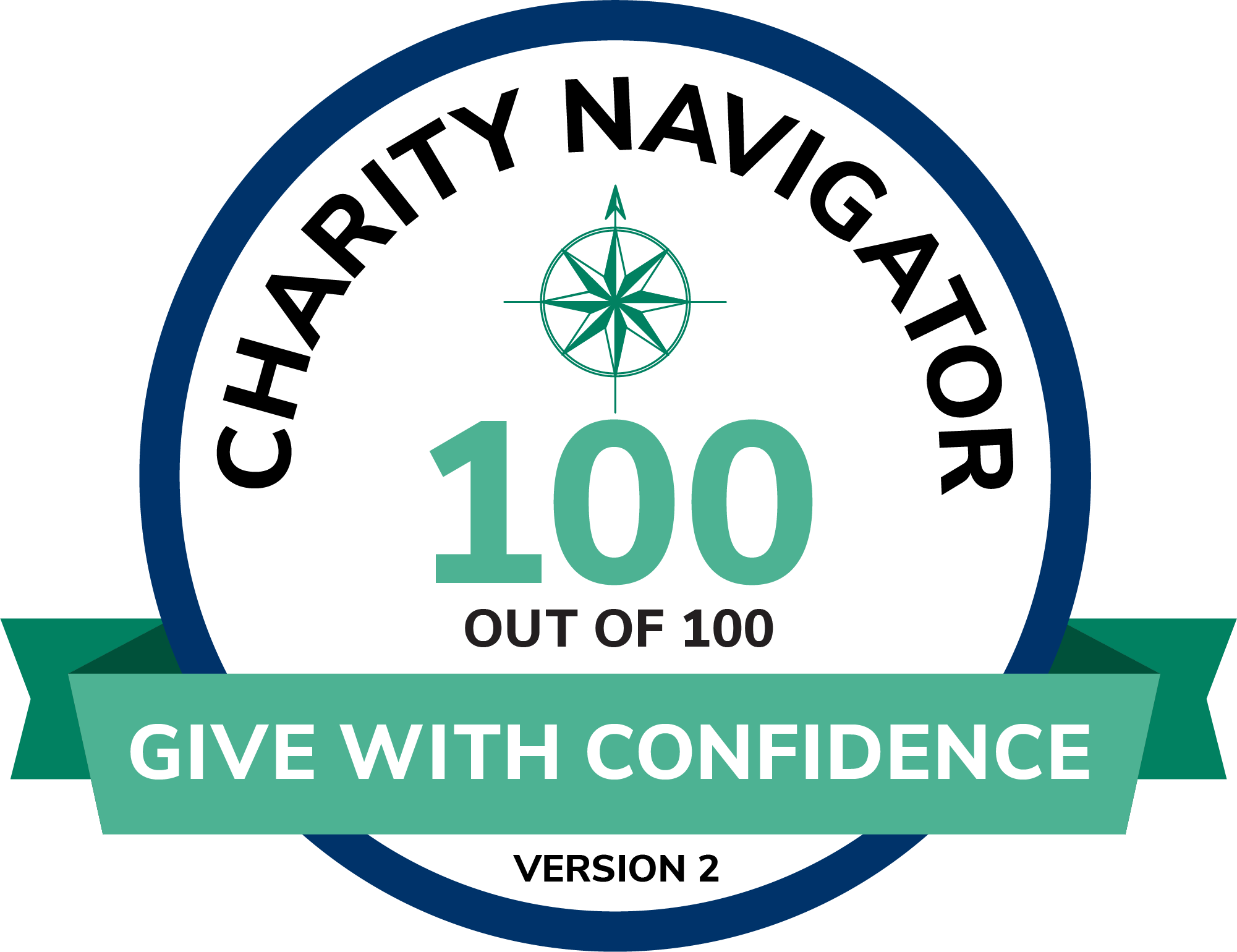Coping Mechanisms for Stressful Times
December 22, 2020
By Ali Rothrock
Reprinted from the NVFC’s Firefighter Strong newsletter
We know that stress is inherent to our jobs. The emergency services is just that – a service we provide when other people are in an emergency. To be able to operate in that environment, our bodies have to become very used to dealing with stress.
Stress usually gets a bad rap, but it is not always a bad thing. When we feel stress due to a fire call, for example, our body reacts in a variety of helpful ways. Our body floods with adrenaline and cortisol, and our heart starts to pump faster. These ways are helpful to us because they allow us to do things like make a split-second decision, fight a fire, or save a life. Usually with the knowledge that the crisis is over, the adrenaline and cortisol leave our system and we get back to whatever we were doing before the call came in.
Every once in a while there are incidents that bring an increased level of stress, fear, or panic into our jobs and therefore into every other area of our lives. That might be a large fire, a significant car crash, a severe weather disaster impacting our state, or an incident of mass violence that brings chaos to our community. But we have never experienced a disruption like the coronavirus pandemic. Therefore, we have never experienced levels of stress like this before.
Unlike fire calls, this is a stress that doesn’t go away when we leave the fireground or the station. It’s with us when we go to the grocery store or when we’re getting gas. We are stressed about catching the virus and bringing it home to our families and our children. It’s with us when we are trying to fall asleep and when we are trying to plan our immediate futures. Stress like that, stress that we can’t put down or get away from, can take a serious toll on us if we don’t intentionally choose to cope with it in a healthy way.
There are many ways to cope with stress, both positive (healthy) and negative (unhealthy). There are things we do when we are feeling stressed that we might not even realize are coping skills until we choose to look at them objectively and ask ourselves, “Why am I doing this?” or “What makes me feel better when I am feeling stressed?” We might have been dealing with stress, or rather not dealing with it, for so long that we aren’t even sure where to begin.
Positive or healthy coping skills are healthy things that we do to either make us feel better when we are stressed or to prevent or lessen the effects of stress before we feel them. This could be exercising each day, regularly spending time outdoors, journaling, or having meaningful hobbies and interests. To sum it up, healthy coping is anything we do to bring fulfillment, curiosity, and joy into our lives. It’s any activity we do to pass the time that is not negatively impacting us or anyone else.
Choosing to cope with stress in healthy ways means that we will be resilient when faced with adversity. It means that when something stressful happens at work or at home, we will have a variety of activities to do while our mind processes the event. It means that when something comes along like a global pandemic, we are prepared to deal with the increased stress levels.
Unfortunately, learning to deal with stress positively isn’t something most of us have been taught in the fire service. It isn’t a part of the emergency services culture to talk openly about our mental health and the impacts of extreme or chronic stress. People have this notion that “if you are bothered after that call, this job isn’t for you.” That couldn’t be farther from the truth, but so often we are overtly and covertly discouraged from sharing how we feel and encouraged to just keep it to ourselves. Given that this is the culture, is it any wonder that we have so many first responders who don’t know how to deal with the stress of the job?
Coping in a negative or unhealthy way often looks like not dealing with it at all. It can take the form of telling ourselves and others that we’re “fine” and attempting to dismiss our true feelings. That can only go on for so long. When that stops working, we might turn to drugs or alcohol to temporarily “turn off” the part of our brain that is feeling stress. We might use it to fall asleep or unwind after a shift. We might find ourselves drinking way more than other people do. We might turn to anger instead of being honest about how we are really feeling. People know what to do with an angry person but are less sure of what to do with someone who is sad or struggling, so anger feels safer. Negative or unhealthy coping is any decision that prolongs our healing process by interfering, ignoring, or dismissing what we are feeling. If you are stuck in some of these negative coping skills, seeking outside help from an unbiased source like a counselor is a really good idea.
When helping first responders after critical, significant, or traumatic calls, I teach them to use the acronym F.I.R.E.S. The same principles also apply to atypical situations, like the pandemic.
First, acknowledge its impact. You have to be willing to acknowledge your stress levels to yourself first before you can acknowledge them to others. We are experts at saying “I’m fine” when asked. We think, “Who am I to complain when so many others have it worse.” That will always be true – someone will always have it worse. But you will not be able to continue to effectively help people if you are not taking care of yourself. It’s necessary to talk about the increased levels of stress the situation or this pandemic has brought to our life.
Initiate resources and support. In the emergency services, no one does anything alone. Make sure that dealing with the effects of stress are no different. Figure out what you specifically need to process this experience and make it happen for yourself. The same goes for your company, especially now. What can you do to promote team unity while being socially distant? How can you stay connected to each other for camaraderie and support?
Respond to what you need. This is different for everyone and we might need different help after different traumatic incidents. When it comes to the pandemic, you might need different things than other first responders. You might want to be surrounded by your fellow first responders, or you might want to spend a bit of time away. You might want to run all the calls that come in, or you might want to take a bit of a break. Either option works if it works for you.
Expend stressful energy in a positive way. This is where your positive coping skills come into play. That stressful energy has to go somewhere. Make sure you are expending it in a way that isn’t causing you harm or keeping you from your healing process. And in these uncertain times, you probably need to identify some new positive coping skills that you haven’t tried before.
Spend time away. This could mean just leaving the station after a bad call. This simple act can be enough to give our bodies and brains enough room to decompress. While you can’t really spend time away from the pandemic as it has permeated all aspects of our lives, you can still find ways to give yourself a rest. This could simply be spending a day without electronics to give yourself a break from the news.
Being a first responder simply isn’t sustainable unless we are proactive about acknowledging the stress we carry with us. In light of the pandemic and that increased stress load, we might need to go outside of our comfort zones to find new healthy coping skills. We need to intentionally incorporate more of these in order to combat the increased stress in our world and in our jobs.
Ali Rothrock serves as a firefighter and EMT in Pennsylvania. She works full time in mental health education, serves on her local CISM team, is the Eastern Division Trustee of Women in Fire, and is CEO and lead instructor of On the Job and Off. Learn more at https://onthejobandoff.com.



